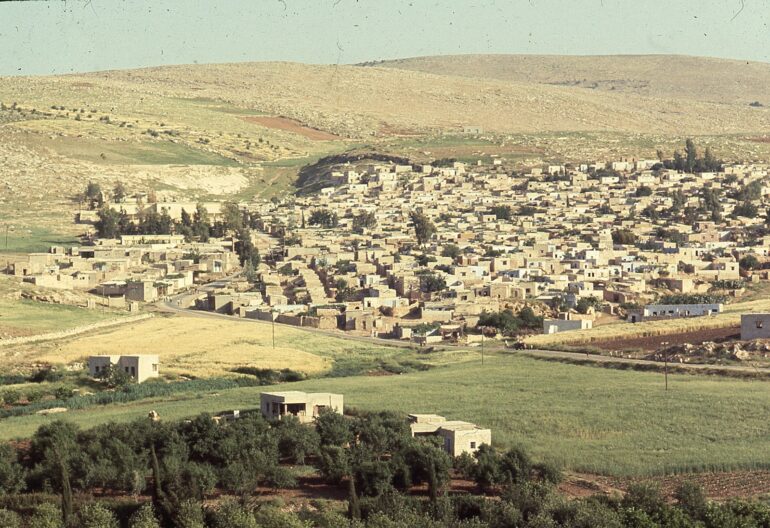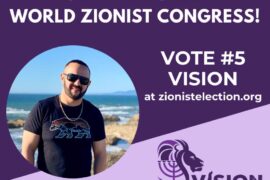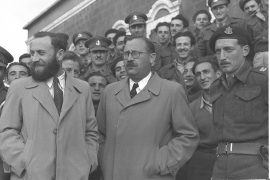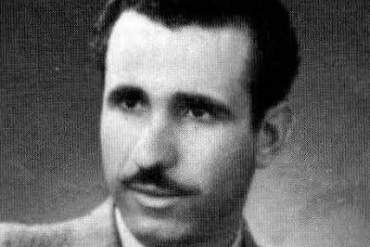The recent “cycle of violence” around the town of Huwara got me thinking. What is going on? What are we to take from this, once the horror and the grief subside?
On the one hand, President Yitzḥak Herzog says, “This is not our way.”
Of course he is right.
But in the pre-state years, there was a running dispute between those who advocated “restraint” in the face of continual Arab attacks in order to let the proper authorities – the British in those days – deal with the violence; and those who advocated for both active Jewish defense as well as tit-for-tat reprisal attacks to send the clear message that Jewish blood is not cheap.
Today, when Palestinian violence seems ever-present and when the authorities – our own sovereign Jewish state – seem to be unable to prevent the attacks (though they have prevented many and by all accounts act courageously and honorably in utterly dire circumstances), then there are some who would say that we must once again engage in reprisal attacks to send the message that Jewish blood is not cheap. They would point out that we are not dealing with civil crimes which can be dealt with after the fact by civil penalties such as fines or imprisonment, but that we are facing a violent war which must be won outright.
Even without agreeing with the ultimate course of action taken by Jews in the Samarian mountains, one can certainly see and agree with the point that Jewish blood is not cheap. One can understand the rage that accompanies the spate of murders which we as a people have sustained, and the need to act – to put an end to it somehow.
But one must also zoom out to look at the bigger picture in context.
In the pre-state years, we were engaged in a war for survival. We were trying to simultaneously drive out the British Empire from our land, and protect ourselves from those among the local Arab population who engaged in violence against us. There was a tangible goal in mind toward which we were headed – the liberation of our country.
But what is the goal today? We have our land. Both pre-1967 and post-1967 lands are “in our hands.”
So what is our goal today?
If one were to say that the goal is peace and quiet, an end to the bloodshed, and one were to agree that currently it is forces within Palestinian society who are responsible for instigating the violence, then the question becomes what must be done so that these forces will stop attacking us?
But before we get to that, let us zoom out even further and ask what this may be telling us vis-à-vis this latest chapter of our Jewish story, that of reentering and rebuilding our homeland.
Perhaps the current wave of Palestinian violence is telling us very simply that the Palestinians will not be ignored.
Remember, there are some strands within the movement to apply Israeli sovereignty to Judea and Samaria who would only advocate for annexing the Jewish population centers. There are those that only a few short years ago were clamoring to apply sovereignty to at least those areas which would have been “ours” under the proposed Trump plan. There are those who would at least like to start the process by applying sovereignty to just Oslo-defined Area C.
All of these plans essentially seek to advance the national project of building our homeland while ignoring the bulk of the Palestinians living in our country. Many would say, in a moment of anger after another terror attack: “let us build up our land, our cities and towns. They can leave or stay. They can rot for all I care – they are not my problem.”
But they are continuously telling us that they will not be ignored.
There are some who would say that we have a right to our land, to the Biblical heartland. They would say that we have every right to settle there, to live in the cradle of our own ancient civilization.
But “right” is an individualistic Western concept. While we need to acknowledge both, we Jews tend to speak more in terms of responsibilities than of rights. We have a right to the land? This language smacks of hubris. Who do we think we are? We do not have a “right” to anything. The Universe owes us nothing. Our relationship to the land is one of obligation, not rights. Our own Torah warns us in poetic and haunting imagery of how the land will vomit us out if we do not fulfill our obligations.
No. We do not have a right to the land. But we do have an obligation to it, and to all those upon it – including the Palestinians who will not be ignored.
So the motivations of those Palestinians who perpetrate violence may be to expel us from the land. But perhaps the larger meta-reason, though they themselves may not even be conscious of it, is to teach us that they, yes even they, are our responsibility.
Returning to our earlier question, what must be done so that Palestinians will stop attacking us? We are left, it seems, with a rather stark choice: to abide by the stated wishes of those who want us to leave our land, or to abide by the rules of the game – the rules that say that we have a responsibility to the land and to all upon it, to provide and care for all its inhabitants, to act ethically towards our neighbors and to build the land together, in a true and complete sovereignty grounded in responsibility.
Which will we choose?





